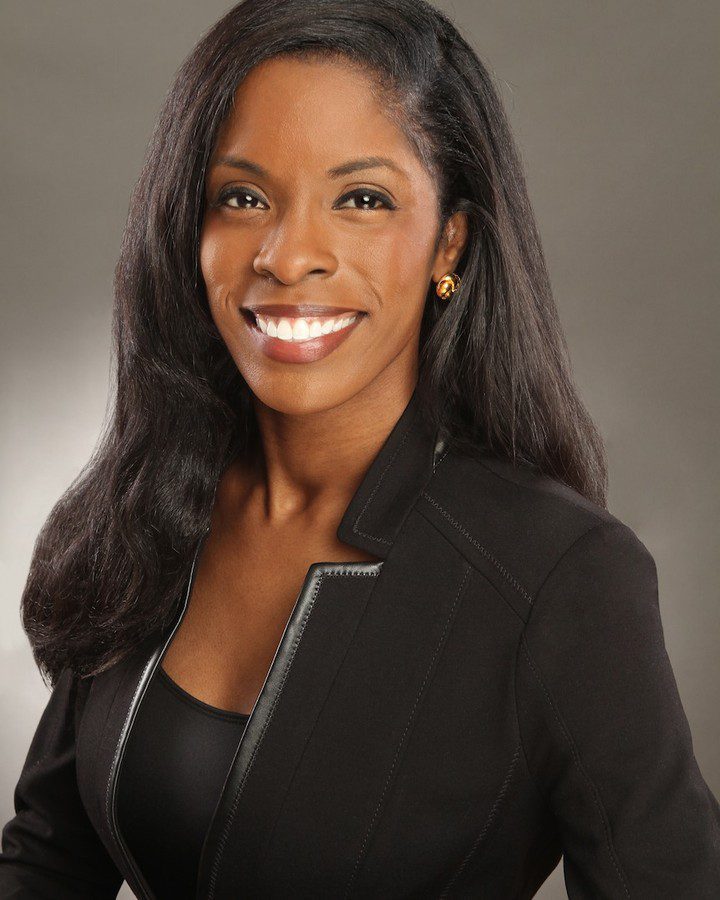



“I’ve been interested in politics for as long as I can remember. I think it began with having a sense of how things get done, and who gets the opportunity to solve problems or take a crack at creating innovative solutions. A lot of that came from being involved in student government from first grade, on. I enjoyed campaigning, connecting with classmates, and learning what was important to them. But in high school I realized an election is only the first step. If you really want to understand how things get done, pay attention to what people do after they get the opportunity to make change. That’s when I started to understand and appreciate policy.
Then in undergrad I gained an appreciation for big questions. My pathway into research and academy was shaped by a keen interest in asking big questions—specifically about representation: whose voices are most amplified or muted in politics, and why. I was especially interested in national politics and the executive branch, and the gender dynamics of who holds office. During my subsequent Master’s-Ph.D. program, I found myself also asking about socioeconomic status and mobility: why do some people have more and others less, despite “playing by the rules” in the style of the American Dream? How can we promote societal equity? What are some levers we can pull to help people advance? Education has always struck me as a really important mechanism for that work, so I became an education scholar. However, today my research varies across political and education topics.
Whenever I’m working on a major research project, I’m usually also working on several small projects that offer other opportunities for problem-solving and applying insights from my work. That’s why being at Sanford suits me. We are expected to ask big questions that are both relevant to our interests and have the potential to impact society by generating solutions to problems. And when you see a research project published or wrap up a successful course, it’s so rewarding. It’s something I’m constantly proud of.”
— Deondra Rose, Director of Polis and Kevin D. Gorter Associate Professor of Public Policy #humansofdukesanford
